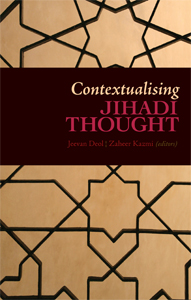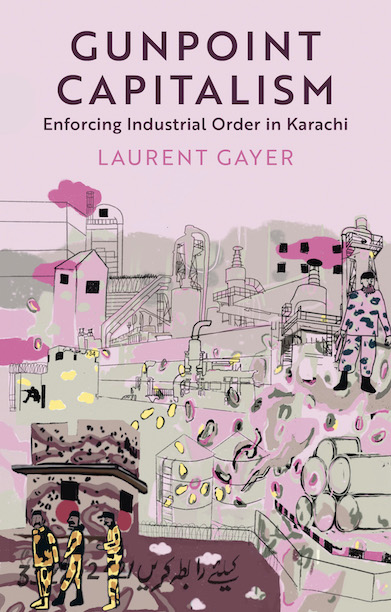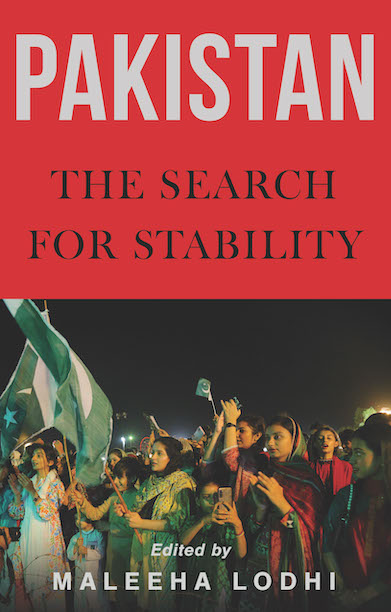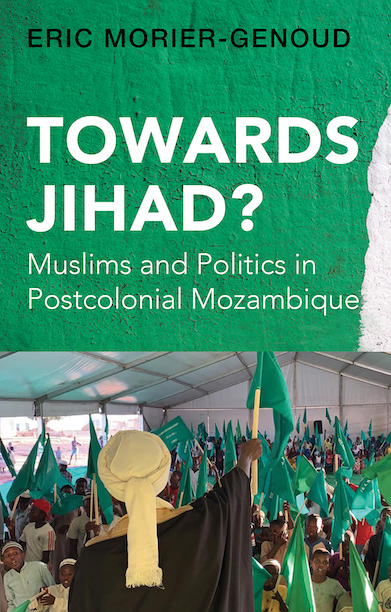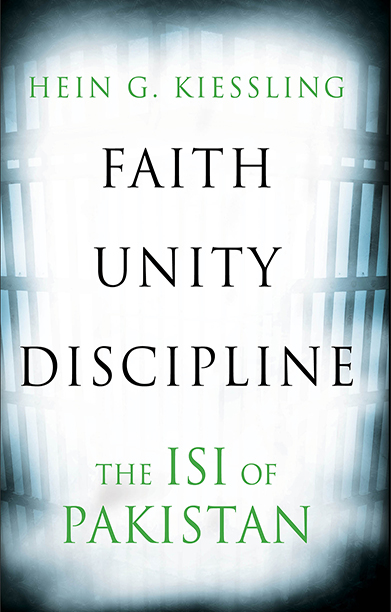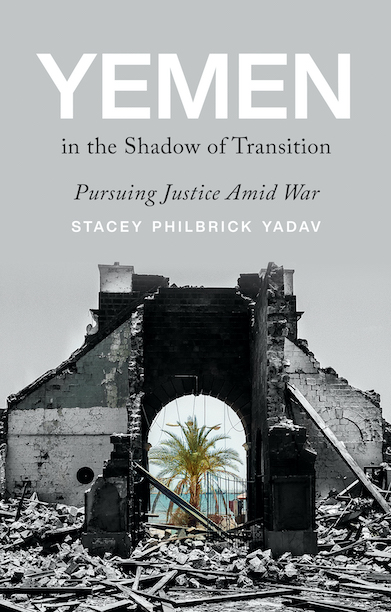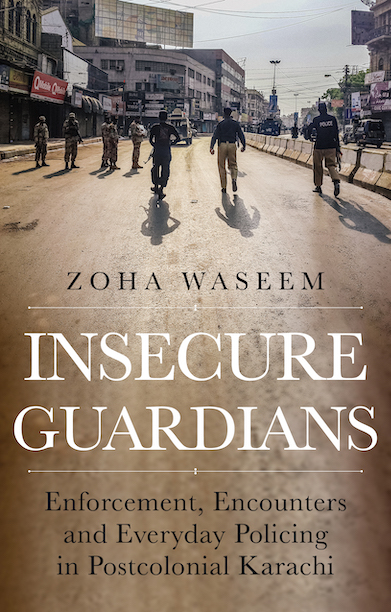Description
Global jihadism has been on policy agendas for more than two decades. Recent years have seen an increasing policy focus on countering the ideologies of al-Qaeda and of regional or local militant groups, often lumping them together under the rubric of a single ‘global jihadi ideology’. Despite this, studies of jihadi ideas are at a relatively early stage and have yet to fully capture the richness of their wide-ranging social contexts and intellectual universes. This volume aims to address this lacuna at a time when wider currents of jihadi ideology seem poised to eclipse the long-term impacts of the decade-long global ‘war of ideas’ focused on al-Qaeda.
Contextualising Jihadi Thought aims to transcend the dominance of security-studies approaches in the study of militant groups by creating a broader framework for understanding the varied intellectual histories, political engagements and geographies of jihadi ideas. Contributions to the volume span a range of academic disciplines and areas of policy research including history, anthropology, political science, religious studies and area studies. Challenging prevailing policy understandings of a single jihadi ideological narrative, the book’s chapters study militant currents of thought and the responses to them in Afghanistan, Yemen, Somalia, India, Pakistan, Egypt, South-East Asia and Europe as well as the global contexts within which transnational jihadism has been developed and propagated.
Reviews
‘If you want to understand the origins, ideological and political worldviews of what is popularly referred to as transnational jihadism, then Jeevan Deol and Zaheer Kazmi’s Contextualising Jihadi Thought is the book to read. A masterful and accessible global perspective that will be welcomed by academic experts, policymakers and students alike.’ — John L. Esposito, University Professor, Georgetown University and author of The Future of Islam
‘Jeevan Deol and Zaheer Kazmi have brought together an extremely impressive team of contributors to write one of the best available books on jihadi ideology. This is essential reading for any serious student of al-Qaida and the jihadi movement.’ — Thomas Hegghammer, Director of Terrorism studies, Norwegian Defence Research Establishment (FFI)
‘This is a book that all policymakers and practitioners ought to read, and it is a great pity that something like it was not available ten years before its publication. Had it been, much might have been done differently, and better.’
— Nigel Inkster, IISS
‘This is a complex text that aims at understanding transnational jihadist networks through the study of their ideologies, intellectual histories, political engagements and geographic contexts. It includes richly detailed case studies of local militant groups in Afghanistan, Pakistan, Yemen, Somalia, India, North Africa, South-East Asia and the UK. A breath of fresh air in a subject area dominated by narrow and simplistic commentaries, which take the ideological narratives of jihadist factions at face value.’ — Fawaz A. Gerges, Professor of International Relations and Director of the Middle East Centre at the London School of Economics, and author of The Rise and Fall of Al-Qaeda (2011)
‘This ambitious collection of essays attempts to engage with a series of important and fascinating issues. It does this by the inclusion of studies that take a variety of approaches to jihadi thought and practice across different parts of the world. … [I]t … provides a range of interesting discussions based around the valuable premise that thinkers on jihadism need to appreciate that the simplistic idea of a contemporary clash of warrior civilizations emerged out of the intricate operations of cultural complexity.’ — Journal of Islamic Studies
Author(s)
Jeevan Deol has taught and researched on South Asian history, South Asian religion and jihadi ideologies at the Universities of Cambridge, Oxford and London.
Zaheer Kazmi is a Senior Research Fellow at the Mitchell Institute for Global Peace, Security and Justice, Queen’s University Belfast. He has held research and visiting positions at the universities of Oxford and Cambridge and is the author of Polite Anarchy in International Relations Theory and co-editor of Contextualising Jihadi Thought.
